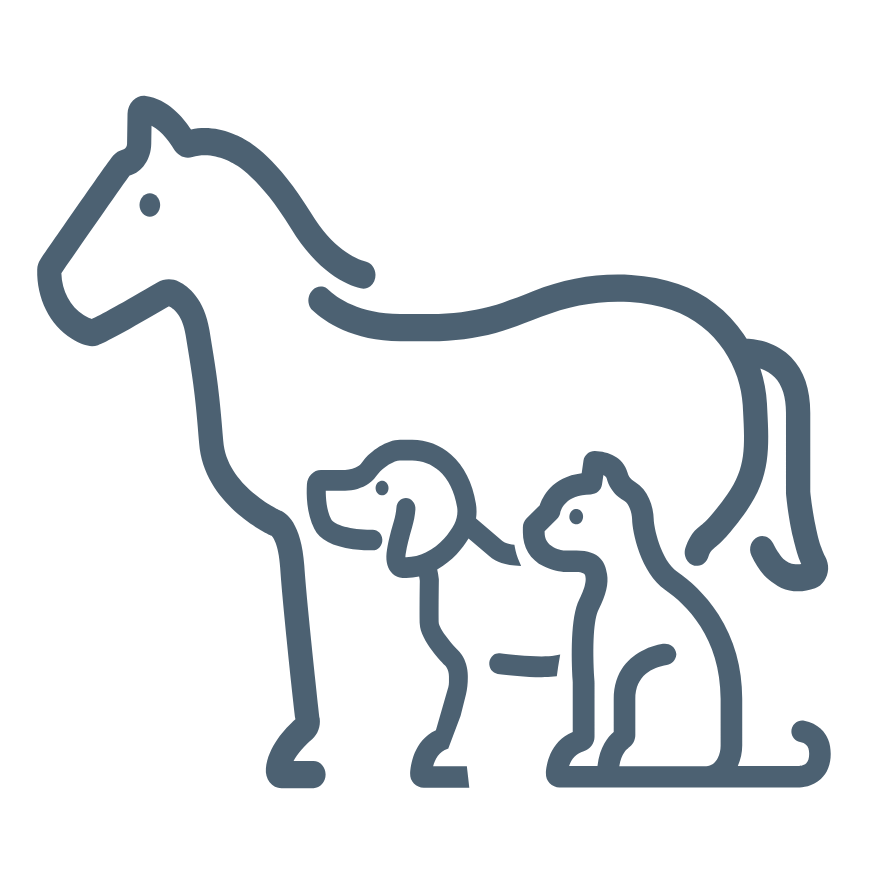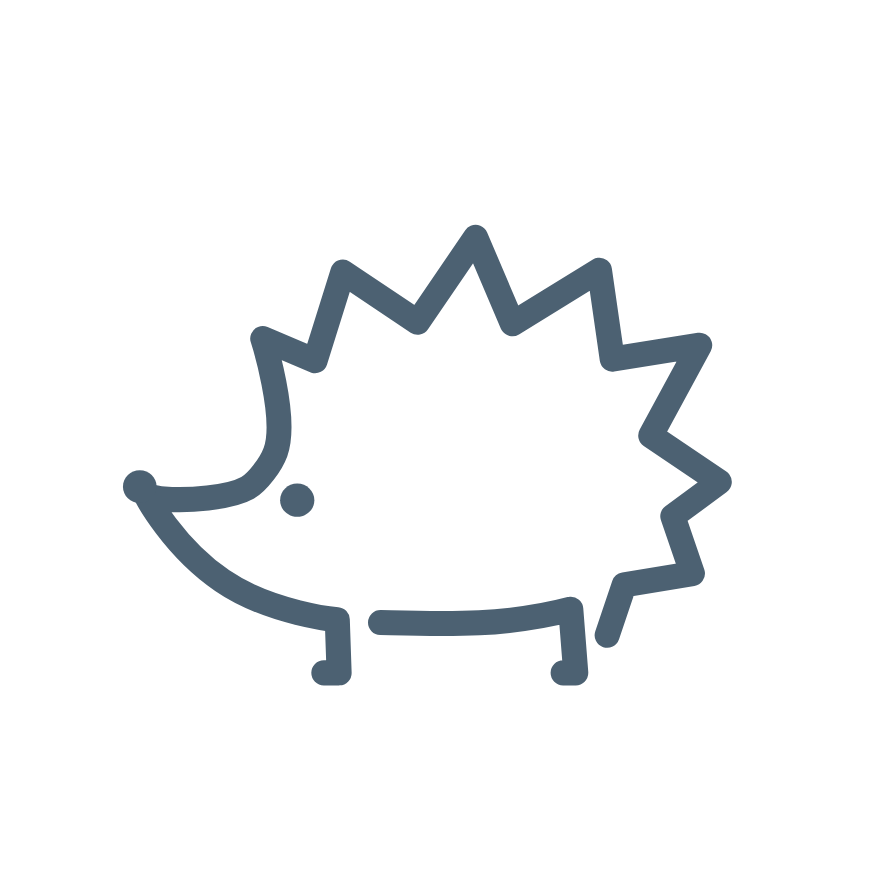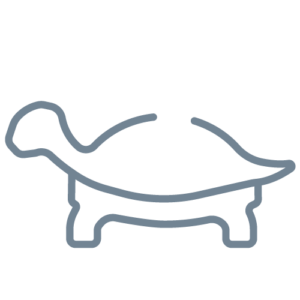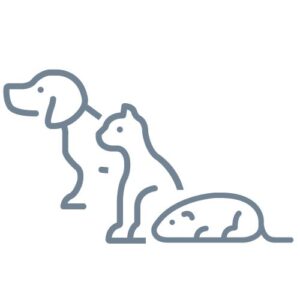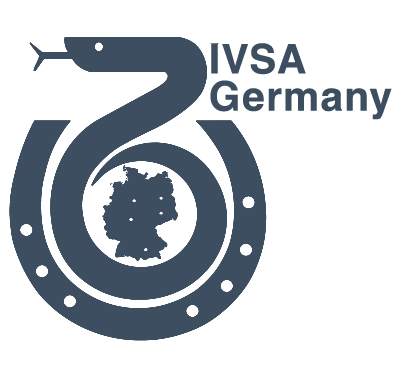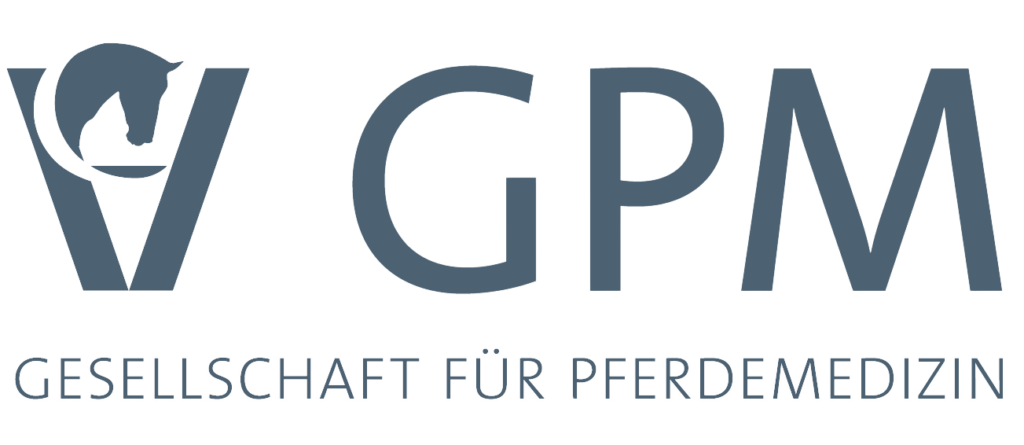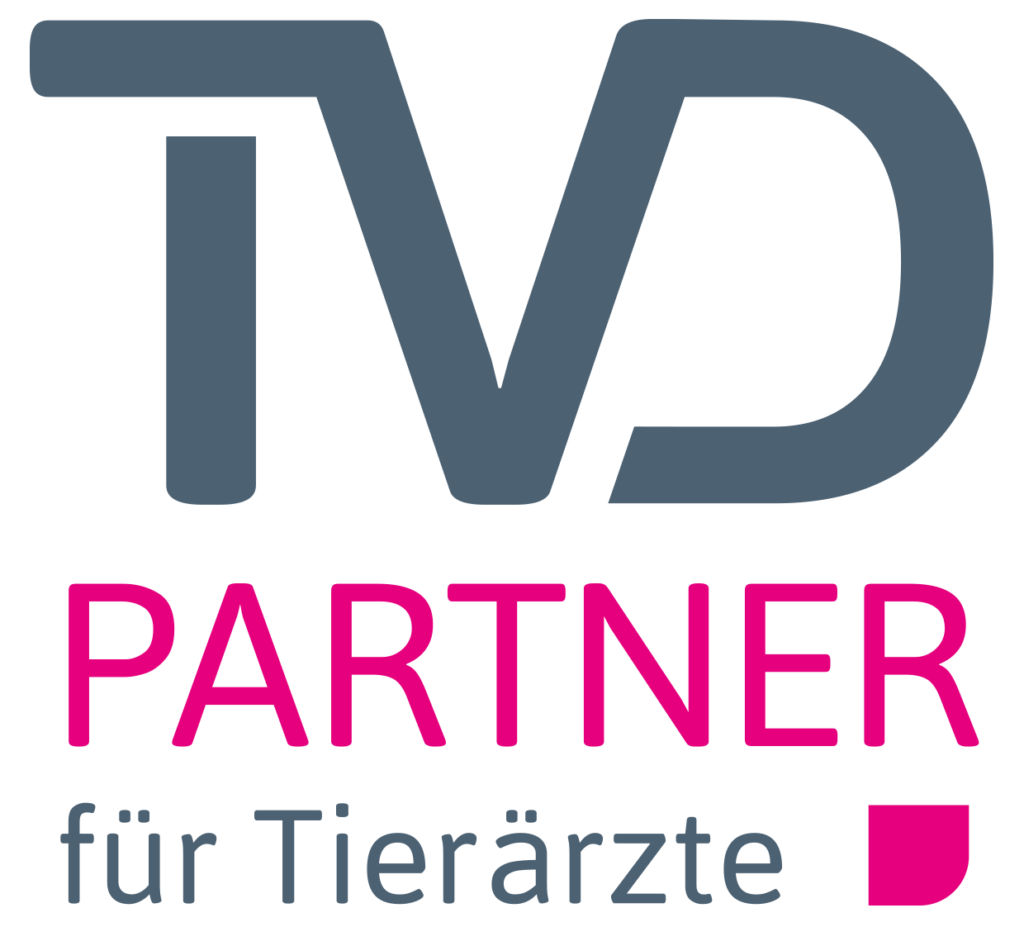COURSE DESCRIPTION Two-weeks of intensive of hands on learning, animal management, wildlife medicine, husbandry and conservation. Theoretical sessions that cover natural history, anatomy, physiology, handling, husbandry, anesthesia, diagnostics, medicine and zoonosis. After the theory, you will apply your knowledge with Practical sessions including animal handling, safe capture techniques, environmental enrichment, injection sites, sample collection, physical exam and diagnostics. Applying your knowledge further Rotating in clinical days with the veterinarians, assistance on surgeries and anesthesia (as required), assistance in treatments and necropsies (as required). During the course you will be assisting with the general animal husbandry and learn to utilize this as a medical tool for prompt diagnostic of underlying medical issues
MAIN SPECIES TO BE COVERED Neotropical primates Neotropical parrots Reptiles Carnivores
MAIN TOPICS AND CASE BASED DISCUSSIONS Wildlife Medicine One Health Conservation Wildlife Rehabilitation
STARTING DATES April 24th May 15th June 5th July 17th August 21st The course is 2 weeks long. Participants are encouraged to stay a week or two as volunteers to apply their newly gained knowledge and further develop in husbandry, handling and enrichment, it also increases the chance of participating in more medical procedures. More dates may become available, and can be requested on demand. Check website regularly
COST US$1,800.00 per person
Including: • Two week course with all meals and housing at the rescue center included • Flores (FRS) Airport pickup and drop-off • Two-day overnight trip to the Mayan Temples at Tikal National Park (four meals, guided tour, one night in hotel inside national park, transportation. Does NOT include park entrance fee)
TO BE CONSIDERED • COVID REGULATIONS APPLY, please check the ARCAS website under the COVID regulations for the most updated information, we are bound by the national regulations and our own safety protocols. • Participants should be fluent in English and/or Spanish (it is better to be bilingual, but it is not mandatory) • Participants should have medical insurance up to date • Up to date vaccinations for rabies, tetanus, hepatitis are recommended. We are a low risk Malaria area, and mid risk Dengue/Chikungunya area. (It is recommended to consult with your physician on these and other precautions) • Ask about the extra week(s) as volunteer to get the pricing • If you are in clinical rotations or you have 6 participants with a specific date required, contact us and we can schedule a tailored date. Our goal is to develop the participants in: Clinical capacity with wildlife, awareness regarding wildlife trade and conservation issues, hands-on experience and safe handling. Minimum Equipment per student for practices: • Stethoscope • Three scrub tops (not brightly colored) • Digital wrist watch • Rubber boots • Non sterile gloves for sized XS and XL (If allergic to latex bring your own – all sizes) Minimum travel equipment: • Flashlight (head mounted is better) • Work clothes • Comfortable footwear • Sun block • Mosquito repellent • At least two pairs of long pants • Towel • Personal toiletries Should know: • Flores (Local capital city) has internet access, supermarkets and ATMs (Maestro cards are not reliable to work, Visa and MasterCard are recommended). • Bed linen and pillows are provided. • Purified water is readily available at the Rescue Centre. • 110V electricity, type A and Type B function normally. •
If you want to make an extra donation of supplies to the Rescue Centre, please ask for our wishlist. • Local airport: Flores code: FRS. Flights are most frequent in the early morning and early night. • Make arrangements to fly in on the day before the course starts, that night has no extra cost. //
For more information about the programs contact us at crpeten@arcasguatemala.org – And visit: https:// arcasguatemala.org/arcas-veterinary-student-program/ www.arcasguatemala.org
